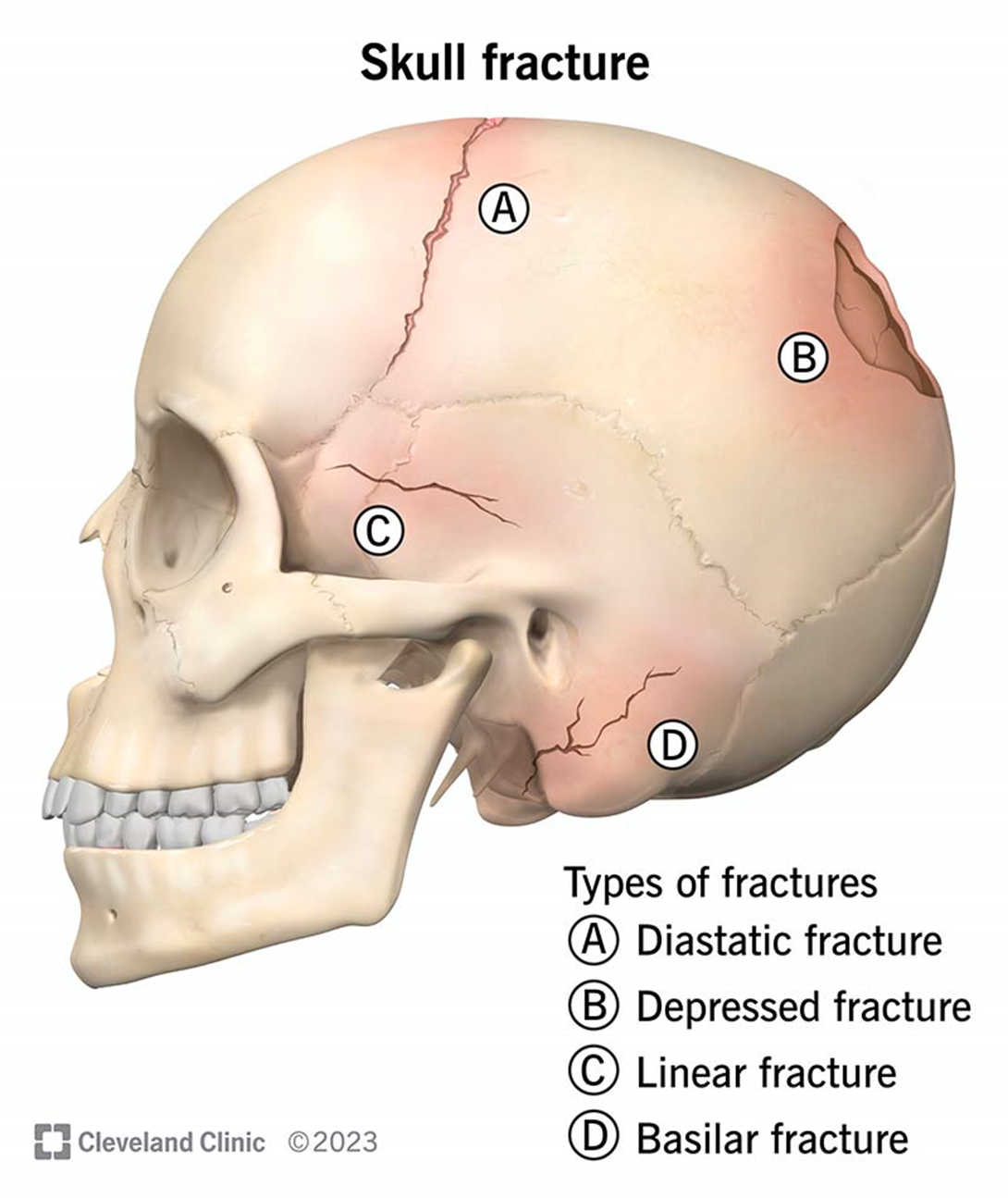A client with diverticular disease has just returned from a colonoscopy. While conducting an abdominal assessment, the nurse monitors for which of the following as an initial sign of a possible complication of the procedure?
Guarding and rebound tenderness
Nausea and vomiting
Diarrhea
Hyperactive bowel sounds
The Correct Answer is A
Choice A reason: Guarding and rebound tenderness are signs of peritonitis, which is a serious complication of colonoscopy. Peritonitis is an inflammation of the peritoneum, the membrane that lines the abdominal cavity. It can be caused by perforation or puncture of the colon during the colonoscopy, which allows bacteria and fecal matter to enter the peritoneal space. The nurse should monitor the client for signs of peritonitis, such as abdominal pain, rigidity, fever, and leukocytosis.
Choice B reason: Nausea and vomiting are not specific signs of a complication of colonoscopy. They may be caused by other factors, such as the sedation, the bowel preparation, or the ingestion of food or fluids after the procedure. Nausea and vomiting may also be symptoms of other conditions, such as gastroenteritis, food poisoning, or pregnancy.
Choice C reason: Diarrhea is not a sign of a complication of colonoscopy. Diarrhea may be a normal consequence of the bowel preparation, which involves taking laxatives or enemas to clear the colon before the procedure. Diarrhea may also be caused by other factors, such as the ingestion of food or fluids after the procedure, or the presence of an underlying bowel disorder, such as irritable bowel syndrome or inflammatory bowel disease.
Choice D reason: Hyperactive bowel sounds are not a sign of a complication of colonoscopy. Hyperactive bowel sounds may indicate increased peristalsis, which is the movement of the digestive tract. Hyperactive bowel sounds may be a normal response to the bowel preparation, the ingestion of food or fluids after the procedure, or the stimulation of the colon during the colonoscopy. Hyperactive bowel sounds may also be present in conditions such as diarrhea, gastroenteritis, or intestinal obstruction.
Nursing Test Bank
Naxlex Comprehensive Predictor Exams
Related Questions
Correct Answer is B
Explanation
Choice A reason: Normal saline is not contraindicated for a dehydrated client with a skull fracture. Normal saline is an isotonic solution that has the same concentration of solutes as the blood plasma. It can help restore fluid balance and prevent cerebral edema.
Choice B reason: Dextrose in water 5% is contraindicated for a dehydrated client with a skull fracture. Dextrose in water 5% is a hypotonic solution that has a lower concentration of solutes than the blood plasma. It can cause fluid to shift from the blood vessels into the brain cells, increasing the intracranial pressure and worsening the skull fracture.
Choice C reason: Lactated Ringer's (LR) is not contraindicated for a dehydrated client with a skull fracture. Lactated Ringer's (LR) is an isotonic solution that has the same concentration of solutes as the blood plasma. It can also provide electrolytes such as sodium, potassium, calcium, and lactate, which can help correct acid-base imbalances.
Choice D reason: Dextrose in normal saline is not contraindicated for a dehydrated client with a skull fracture. Dextrose in normal saline is a hypertonic solution that has a higher concentration of solutes than the blood plasma. It can cause fluid to shift from the brain cells into the blood vessels, reducing the intracranial pressure and cerebral edema.

Correct Answer is A
Explanation
Choice A reason: Guarding and rebound tenderness are signs of peritonitis, which is a serious complication of colonoscopy. Peritonitis is an inflammation of the peritoneum, the membrane that lines the abdominal cavity. It can be caused by perforation or puncture of the colon during the colonoscopy, which allows bacteria and fecal matter to enter the peritoneal space. The nurse should monitor the client for signs of peritonitis, such as abdominal pain, rigidity, fever, and leukocytosis.
Choice B reason: Nausea and vomiting are not specific signs of a complication of colonoscopy. They may be caused by other factors, such as the sedation, the bowel preparation, or the ingestion of food or fluids after the procedure. Nausea and vomiting may also be symptoms of other conditions, such as gastroenteritis, food poisoning, or pregnancy.
Choice C reason: Diarrhea is not a sign of a complication of colonoscopy. Diarrhea may be a normal consequence of the bowel preparation, which involves taking laxatives or enemas to clear the colon before the procedure. Diarrhea may also be caused by other factors, such as the ingestion of food or fluids after the procedure, or the presence of an underlying bowel disorder, such as irritable bowel syndrome or inflammatory bowel disease.
Choice D reason: Hyperactive bowel sounds are not a sign of a complication of colonoscopy. Hyperactive bowel sounds may indicate increased peristalsis, which is the movement of the digestive tract. Hyperactive bowel sounds may be a normal response to the bowel preparation, the ingestion of food or fluids after the procedure, or the stimulation of the colon during the colonoscopy. Hyperactive bowel sounds may also be present in conditions such as diarrhea, gastroenteritis, or intestinal obstruction.
Whether you are a student looking to ace your exams or a practicing nurse seeking to enhance your expertise , our nursing education contents will empower you with the confidence and competence to make a difference in the lives of patients and become a respected leader in the healthcare field.
Visit Naxlex, invest in your future and unlock endless possibilities with our unparalleled nursing education contents today
Report Wrong Answer on the Current Question
Do you disagree with the answer? If yes, what is your expected answer? Explain.
Kindly be descriptive with the issue you are facing.
